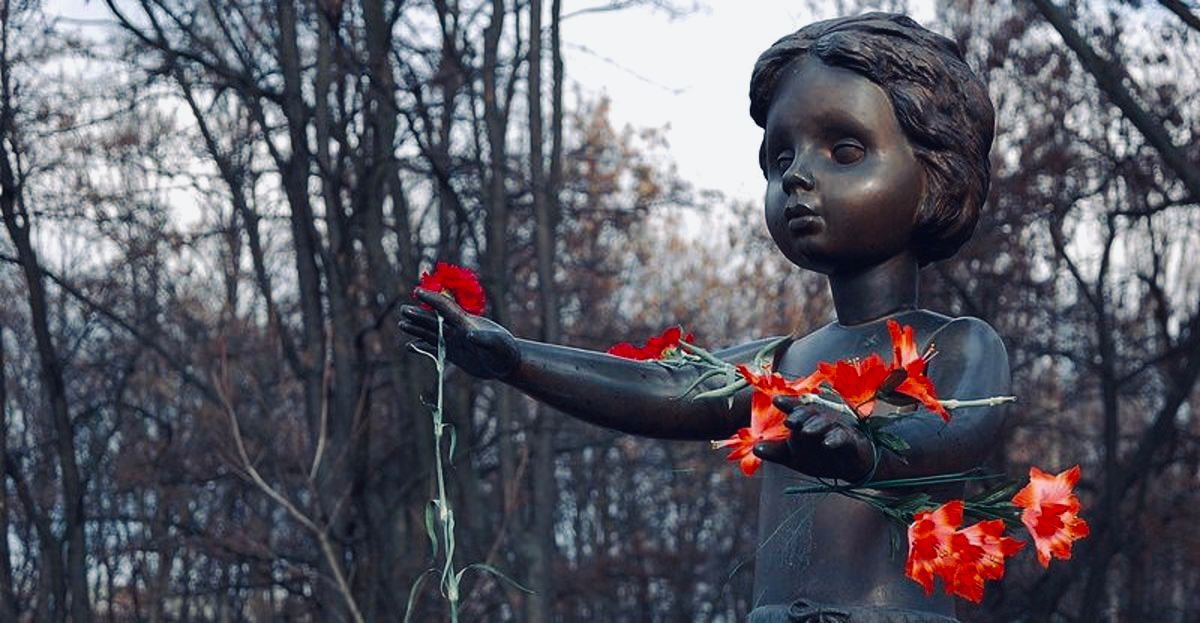
To celebrate Women's History Month, we will delve into a series this week - an ode to the women from the subcontinent in unsung professions through the ages. The first feature is on ‘Women as Porters’, the primitive occupation of transporting goods. (1/12)
#WomensHistoryMonth
#WomensHistoryMonth

Women at the workplace is not exactly a modern concept, rather it dates to the ancient world, even back to the Sumerian civilization. We look back at some interesting slices from the past where Indian women were found working as human transport carrying goods. (2/12)
Madras, circa the 1920s. The gorgeous photograph shows five ethnic women carrying giant clay vessels on their heads, that greatly resemblance the famous Martaban jars. (3/12) 

Martaban jars have a fascinating story around them. They are named after their place of origin - the port town of Mottama in Myanmar, before they travelled to Goa, Madras and other areas across the coasts via Portuguese and Dutch traders. (4/12) 

The earthen vessels were also known as Martauanas in India which were used to store water, oil or rice in most households and to carry goods and materials on ships. Women formed the bulk of the workforce that carried them around. (5/12)
This view of a marketplace in Goa by Jan Huygen van Linschoten in 1605 demands special interest as one can spot men carrying large Martaban jars while a woman carrying a smaller jar on her head. (6/12) 

Female servants in rich households or women of lower caste mostly had to travel to wells and riverbanks to fetch water. A group of women of the Bheel tribe from Kathiawar, Saurashtra posed for a photo while carrying water circa the 1880s. (7/12) 

Two Punjabi women carrying vessels on their heads with a rope, on their way to the local well to fetch water. Circa 1950s. (8/12) 

Circa 1968: A woman of the untouchable caste carrying two pots on her head. Safe to assume she had to travel quite a distance to fetch the daily quantity of water her family nneede. Her shadow remained her only companion. Photo: Three Lions/Getty). (9/12) 

2004, Kashmir. On the outskirts of Srinagar, Kashmiri girls carry water pots on their heads. Many people in rural Kashmir still collect water from the rivers using these pots.
(SAJJAD HUSSAIN/AFP via Getty) (10/12)
(SAJJAD HUSSAIN/AFP via Getty) (10/12)

Due to lack of piped water, poor tribal women from Rajasthan often need to travel great distances to collect water from natural sources. Three country women were snapped carrying metal pots on their heads, circa 1965. (Archive Photos/Getty Images) (11/12)
Cut to 1944. WW2. This fascinating image depicts local Indian women in Sari carrying baskets on their heads in an unknown Eastern Indian airbase where a B-29, a mammoth US Air Force bomber waiting before the mission for bombing Japanese town Yawata, takes off. (12/12) 

Courtesy: Wikimedia, Getty Images, columbia.edu and Panjab Digital Library.
• • •
Missing some Tweet in this thread? You can try to
force a refresh














